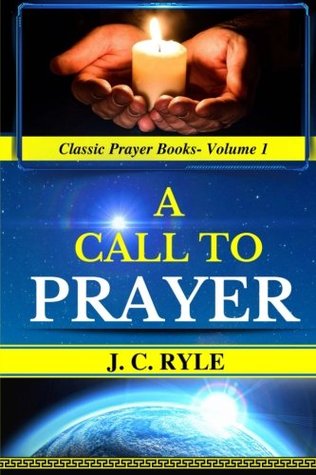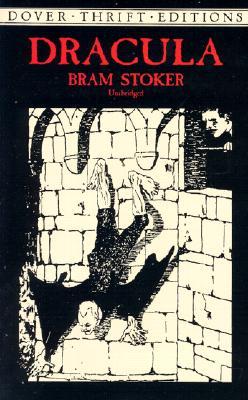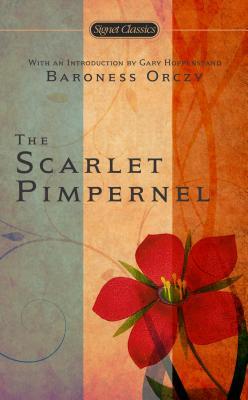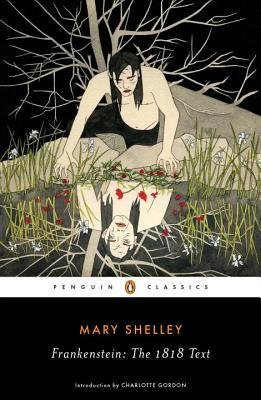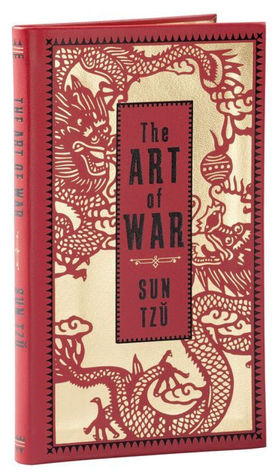
This year I have challenged myself to read twelve classics. I’ve defined classics as books over 100 years old that have helped shape history or culture. The first classic I choose to read was Frankenstein (see my review here: Review: Frankenstein), by Mary Shelley. In addition to this reading challenge, I have also chosen to read twelve Christian living books and twelve adventure/story books. These challenges allow for some overlap (Frankenstein is both a classic and a story) and so I naturally am trying to mix up the kind of classics I read. For my second classic, I wanted something that has shaped Christianity.
One voice I know has helped shaped the Christian world is Tertullian. He lived from 160-220 AD. in Africa and wrote many books that have formed our knowledge of early Christian beliefs. Since the apostle John died around 100 AD, Tertullian lived in a time where he could talk to second generation believers and get a strong word of mouth connection to the events that unfolded 130 years before he was born. Beyond that though, I didn’t know much. So I bought Tertullian Collection and began reading the first of the books in there: Against Praxeas.
Review: Against Praxeas
Beginning this book was an interesting adventure! By page two, I knew this was going to be about the Trinity, and Tertullian’s defense of it. It seems that Praxeas believed that Jesus was the same being as God the Father – to the extent that God the Father entered into Mary and became Jesus. Whenever Jesus prays to the Father, he’s praying to himself and it he that will respond to the prayer. The ridiculousness of this belief is immediately apparent: why would Jesus instruct people to pray to someone else when he is ultimately the same one that is responding to their prayer? Why would he say “I am going to the Father, for the Father is greater than I” (John 14:28)?
Tertullian wastes no time point out the Scriptures that tear down Praxeas’s argument. He points out many Scriptures in both the Old and New Testaments that make it impossible to view God the Father and God the Son as the same person.
At he develops his argument by attacking Praxeas’s and building up his own view of God, he makes some great statements that have helped to shape our understanding of the Trinity today:
the Father, the Son, and the Holy Ghost: three, however, not in condition, but in degree; not in substance, but in form; not in power, but in aspect; yet of one substance, and of one condition, and of one power, inasmuch as He is one God, from whom these degrees and forms and aspects are reckoned, under the name of the Father, and of the Son, and of the Holy Ghost. (Chapter 2)
Bear always in mind that this is the rule of faith which I profess; by it I testify that the Father, and the Son, and the Spirit are inseparable from each other, and so will you know in what sense this is said. Now, observe, my assertion is that the Father is one, and the Son one, and the Spirit one, and that They are distinct from Each Other. (Chapter 9)
The Godhead is one in essence but three in person. Eternally one and eternally three, it’s a bit of a paradox. The two cannot be easily understood. Tertullian shows how the Bible speaks of both truths and talks at length about the role of the Father and Son.
I grew up in a part of the country that had a very active Jehovah’s Witness group. I remember them knocking on my door when I stayed home alone during the summer and trying to discuss with them the trinity. Over the years, I’ve had many such conversations with the Jehovah’s Witnesses and have been baffled by their assertion that the church abandoned Jesus’s teachings early on. Their denial of the Trinity has been based partly on the lack of that word in the Bible and partly on the fact that it wasn’t used in writings in early Christian writings.
Jehovah’s Witnesses view of God is based on the teachings of Arius. Arius taught that God created Jesus – that there was a time before Jesus existed and that he is separate from God. What’s so fascinating about this is that Arius wasn’t born until 256. Which means his teaching lagged behind Tertullian’s by almost 100 years. The idea that the early Christian believers didn’t think Jesus is God, is not supported by the facts of this book. Tertullian spoke of this too saying that his teaching came from the beginning and was not a new teaching:
That this rule of faith has come down to us from the beginning of the gospel, even before any of the older heretics… will be apparent both from the lateness of date which marks all heresies… In this principle also we must henceforth find a presumption of equal force against all heresies whatsoever — that whatever is first is true, whereas that is spurious which is later in date. (Chapter 2)
What Tertullian says here is important in the conversation of the Trinity. He says the Trinity is the gospel that has come down, and any other version of the godhead is heresy. Any new teaching we come up with today is dangerous as it does not follow what God has handed down to us by his divine word. We can put a new spin on an old teaching so as to make it fresh and exciting for us today, but creating a whole new theology is deadly.
Practical Ramifications
As I’ve been pondering the Trinity from reading this ancient text, there are two Biblical truths that have stood out to me.
The Trinity Explains our Need for Fellowship
Craig Hanley PhD has said “solitary confinement precipitates a descent into madness.” (Psychologist testifies on the risks of solitary confinement). Report after report has shown that solitary confinement has an adverse effect physically and mentally on people. Compare this to the studies that show that social interaction is the best way to break out of addiction and you have some very clear signs that we were built for human interaction.
Biblically, we already knew this truth to be true. God has said: “It is not good that the man should be alone” (Genesis 2:18). And why is it not good for man to be alone? Because we were created in God’s image and God is not alone. His triune nature means that from eternity past to eternity future, no matter what has happened or will happen, God is never alone.
Our need for relationship is a mirrored reflection of a godly truth. God is always in relationship, and so we must be to. We must seek God in our lives so that wherever we are, we too are in constant communion with Him, making our relationship with Him our biggest priority.
The Trinity Defines our Need for Godly Marriage
As I briefly mentioned in my post Marriage is by God and for God, marriage is created by God, He deemed that it was not good for man to be alone, so He created a helper suitable for him. He made marriage a reflection of the trinity, binding two souls into one flesh (Genesis 2:24).
In marriage we get to live out on earth a facsimile God’s triune nature. We get to be in constant communion with our spouse. The question then becomes, how good are we at being god-like in our behaviors? Do we bring God glory by the way we act and treat our spouse or do we bring Him shame? Because we are so closely bound with them, our sins damage them more than anyone else, and our living out godliness becomes all the more important.
Final Thoughts
There are a couple points that I think Tertullian didn’t develop enough, but he was the first to put it to paper and many scholars have worked out the details of it since. The one thing the book lacked was how this truth effects us practically. I’ve tried to cover my most basic thoughts on that above, but I’d love to hear yours! What does the Trinity mean for our daily living? How to we take this knowledge and use it to walk worthy (Colossians 1:9-10)?
Overall this book was good. I give it 3 stars.
Up Next: The Scarlet Pimpernel by Emmuska Orczy
